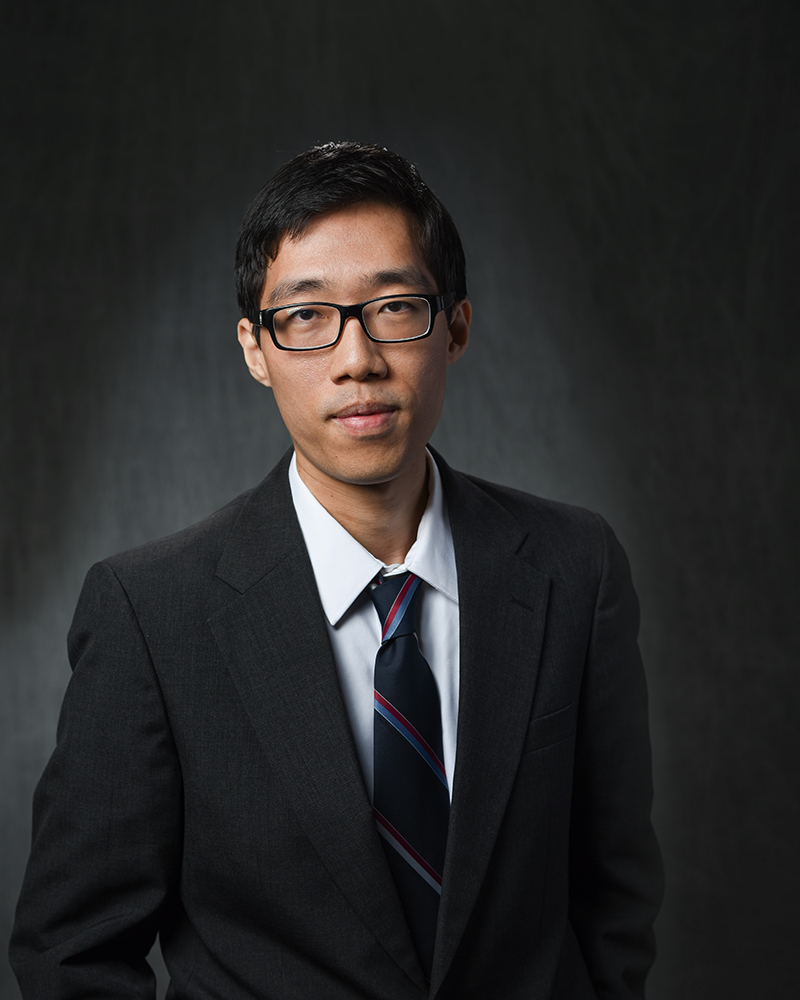by Wallace Feng
A US District Court recently held that an artificial intelligence (“A.I.”) machine did not qualify as an “inventor” under the Patent Act, 35 U.S.C. § 1, et seq. Thaler v. Hirshfeld et al., No. 1:20-cv-00903-LMB-TCB, Dkt. No. 33 (E.D. Va. Sept. 2, 2021)
The Patent Act defines “inventor” as “the individual, or, if a joint invention, the individuals collectively who invented or discovered the subject matter of the invention." 35 U.S.C. § 100(f). In Thaler, the plaintiff filed two patent applications and named his A.I. machine as the sole inventor. (Dkt. No. 33 at 3–4.) Upon review of the applications, the United States Patent and Trademark Office (“USPTO”) issued a Notice requesting the “submi[ssion] of proper information regarding inventorship.” (Id. at 4–5.) The plaintiff petitioned the USPTO to vacate the notice, but the USPTO refused to do so on the basis that the Patent Act permits only natural persons to be inventors. (Id. at 5–6.)
The USPTO decision was affirmed by the district court. On summary judgment, the court explained that the USPTO’s interpretation of the Patent Act as excluding A.I. machines from inventorship was not only entitled to deference, but also consistent with Federal Circuit jurisprudence and the plain language of the statute. (Id. at 8–14.) Further, the court was unpersuaded by the plaintiff’s argument that naming A.I. systems as inventors would lead to more innovation, holding that such considerations could not overcome the language of the Patent Act. (Id. at 14–16.)
Nonetheless, the court did not foreclose the possibility that A.I. machines could, in the future, be properly identified as inventors on patents and patent applications, “[a]s technology evolves” to a point where “artificial intelligence reaches a level of sophistication such that it might satisfy accepted meanings of inventorship.” (Id. at 17–18.) The court, however, cautioned that such “expan[sion] [of] the scope of patent law” should be left to Congress. (Id. at 18.)

